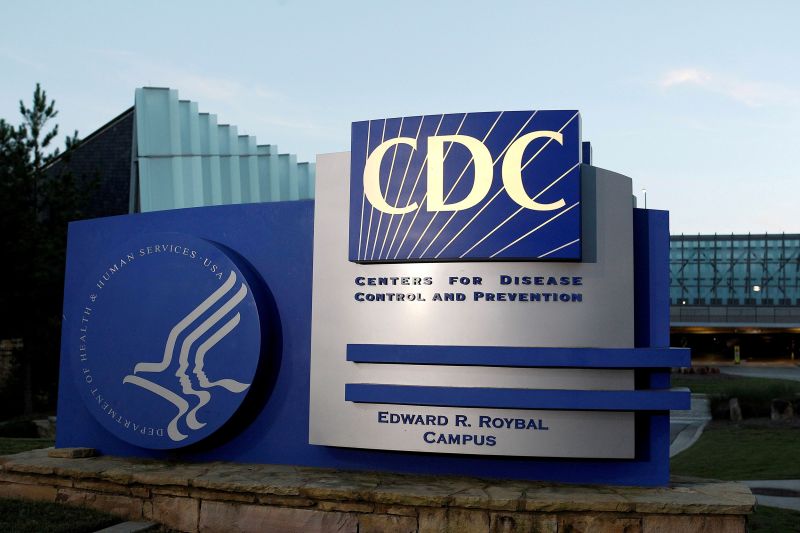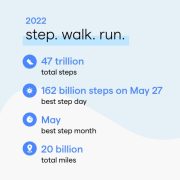A newly posted agenda for next week’s meeting of the just-appointed group of outside vaccine advisers to the US Centers for Disease Control and Prevention includes a discussion and vote on thimerosal in flu vaccines, a preservative tied to debunked claims from decades ago of links to autism.
The meeting, scheduled to start June 25 and run for two days, is the first for a newly installed group of eight Advisory Committee on Immunization Practices members. US Health and Human Services Secretary Robert F. Kennedy Jr. dismissed the previous group of 17 experts last week, claiming that they had conflicts of interest.
A number of the new panelists, though, have raised concerns from the public health world for their positions on vaccines, including serving as expert witnesses in lawsuits against vaccine makers and suggesting without evidence that Covid-19 vaccines kill young people and should immediately be removed from the market.
It’s not clear what the discussion and vote at next week’s meeting on thimerosal in flu vaccines will entail, and the presenter of the information at the meeting is listed on the agenda as “TBD.” A spokesperson for HHS directed questions about the nature of the discussion and vote back to the posted agenda.
Thimerosal is a mercury-based compound used to prevent bacteria and fungus from growing in vaccines, and the CDC says data from multiple studies “show no evidence of harm caused by the low doses of thimerosal in vaccines.”
Nonetheless, the use of thimerosal in vaccines has declined significantly since the US Food and Drug Administration in 1999 asked vaccine manufacturers to detail plans to remove it; the FDA now says “all vaccines routinely recommended for children 6 years of age and younger in the U.S. are available in formulations that do not contain thimerosal.”
The preservative is still used in some multidose vials of seasonal flu vaccines.
Since thimerosal was largely removed from pediatric vaccines, autism rates have continued to rise, which the CDC notes “is the opposite of what would be expected if thimerosal caused autism.”
Thimerosal has long been a focus of Kennedy, who published a book in 2014 called “Thimerosal: Let the Science Speak,” referring to it as “mercury, a known neurotoxin.”
The CDC points out, however, that there are two kinds of mercury – methylmercury and ethylmercury – and high levels of the first can be toxic to people. Thimerosal contains ethylmercury, the agency says, “which is cleared from the human body more quickly than methylmercury, and is therefore less likely to cause any harm.”
The fact that thimerosal is now on the agenda of Kennedy’s newly appointed vaccine advisers suggests they may publicly claim, against evidence, that the preservative is dangerous, said Dr. Paul Offit, a vaccine scientist at Children’s Hospital of Philadelphia and an outside vaccine adviser to the FDA.
Offit pointed out that reformulating those vaccines couldn’t be done quickly by manufacturers, so it would “most likely just lead to vaccine shortages and make the vaccines more expensive.”
More changes to ACIP agenda
Also new to the agenda is a discussion and proposed recommendations for the measles, mump, rubella and varicella (or chickenpox) vaccine for children under 5. It’s not clear what the nature of that discussion will be either, and its presenters are also listed as “TBD.”
The combination vaccine, known as MMRV, has been approved in the US as ProQuad since 2005, and the CDC notes that while the combination vaccine has one fewer injection than the individual shots, it’s associated with a higher risk for fever and febrile seizures five to 12 days after the first dose among children between 1 and 2 years old. Administering the varicella vaccine separately from the MMR vaccine avoids this increased risk, which the CDC points out is “very low for both options.”
Although it’s not clear whether that will be the focus of the presentation and recommendations, Offit noted that vaccine advisers have already had that discussion, so “I’m not sure what’s going to be added here.”
The meeting had been scheduled to take place over three days, according to a June 9 posting in the Federal Register, and now has been shortened to two. It still includes votes on RSV immunization for pregnant women and children and in the Vaccines for Children program, as well as planned discussions on Covid-19, chikungunya and anthrax vaccines, but the topic list has been significantly slimmed down. No longer included are discussions on cytomegalovirus vaccine, human papillomavirus (HPV) vaccine, Lyme disease vaccine, meningococcal vaccine and pneumococcal vaccines.
At an internal meeting Tuesday among CDC employees, a member of leadership told staffers that some agenda items for the upcoming ACIP meeting might not be included because they were still bringing new members up to speed, according to a CDC employee who requested anonymity for fear of reprisal.
The employee called that reasoning “a transparent lie; they wouldn’t have had to bring all these new people up to speed if they hadn’t fired the old ones.”
The agenda also includes a number of “TBD” listings for presenters, including on the safety of Covid-19 vaccines and RSV immunizations. At previous meetings, those presentations on Covid-19 have been made by Dr. Fiona Havers and Dr. Lakshmi Panagiotakopoulos, who both resigned in the past few weeks, citing concerns about changes to the CDC’s vaccine processes under Kennedy.





